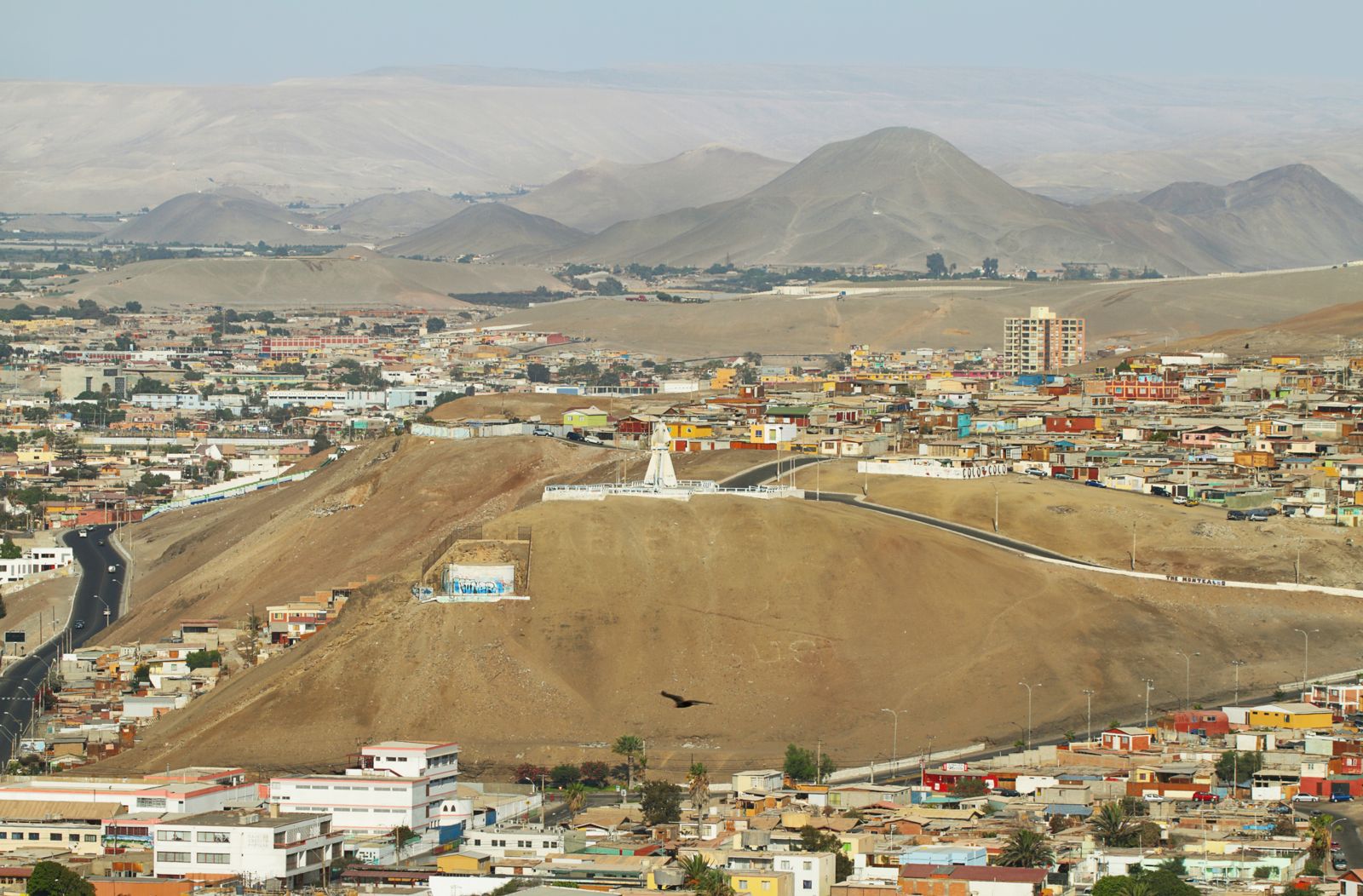It is becoming an increasingly prevalent tactic for human rights advocates to turn to courts as part of their repertoire of efforts to respond to the existential threat that global warming poses. On January 9, 2023, Chile and Colombia initiated the first advisory process before a regional human rights tribunal. They jointly requested an advisory opinion from the Inter-American Court of Human Rights to “clarify the scope of state obligations, in its individual and collective dimension, to respond to the climate emergency.”
Notably, the requesting states aimed to specify the meaning of these obligations on six issues: (1) the duty to prevent further degradation and (2) duties inherent to the right to life, (3) the rights of children and new generations, (4) consultation and judicial procedures, (5) the protection of environmental defenders, and (6) common but differentiated responsibilities.
Each issue reflects Chile and Colombia’s concerns over fairness and equity. They emphasized how the climate emergency is already disproportionately impinging the rights of historically vulnerable populations. In addition, these issues draw attention to the intersectional nature of climate change, something thus far extraneous to the court’s interpretative work.
Additionally, the request includes questions about climate adaptation and environmental defenders’ protection, two sets of obligations that were overlooked by OC-23/17—the court’s advisory opinion, which includes references to climate change—on the environment and human rights.
The request to the Inter-American Court represents a historic opportunity to fill legal gaps that could contribute to climate justice. While advisory opinions are not binding on member states, interpreting obligations in the context of the world’s most unequal region could assist human rights law in tackling the systemic factors that determine Latin America’s climate vulnerability.
One of the legal effects a new advisory opinion might have is the enhancement of normative tools for the growing number of climate-related lawsuits in the region—just as the OC-23/17 did. However, although the legal effects of an advisory opinion are crucial, human rights in the region constitute a language that mobilizes actors beyond the legal sphere. In that vein, an advisory opinion might set in motion much-needed integrated policymaking, elicit the cooperation of different communities of practice, and galvanize political momentum.
Climate standards for integrated policymaking
In their request, Chile and Colombia underscored the importance of the court’s interpretation to sustain some regulatory cohesiveness among international regimes in a fragmented legal order. Even when the climate emergency imperils several human rights—as the requesting states contend—by increasing disease transmission, displacement, food insecurity, and water scarcity, the legal fields tasked to respond to such specific challenges seldom overlap.
At the national level, laws and policies also reflect thematic fractures that undermine a holistic response to the harmful effects of the climate emergency. For example, safeguarding the right to health is essential for climate adaptation. Yet, Brazil’s and Colombia’s national climate laws and adaptation plans do not sufficiently integrate the right to health. They sporadically touch on the availability, accessibility, acceptability, and quality of healthcare systems. This fragmentation is a missed opportunity for climate justice because ensuring resilient medical facilities for the most vulnerable populations is crucial for them to withstand climate-related diseases.
By interpreting the duties that stem from several fields of law in an integrated manner, an advisory opinion can provide essential guidelines for policymakers to bring together policy responses that seem unrelated to the climate emergency.
Coalescing different communities of practice
Like international law and policymaking, civil society—and the communities of practice they are part of—have not evaded fragmentation. The work of NGOs and human rights movements, more often than not, moves in silos and geographic isolation. For example, organizations concerned with health, displacement, or migration rarely incorporate climate change concerns into their agendas.
Facing the complexity of the climate emergency, civil society actors must join efforts around a common understanding of how the climate emergency affects every aspect of human dignity. This is not a new call. However, an advisory opinion can further clarify how climate change interferes with hitherto unrelated issues—like the protection of environmental defenders—thereby providing coalescing junctures for diverse communities of practice.
Galvanizing political momentum
An advisory opinion on the climate emergency could also prioritize climate justice in Latin America’s political agenda. In this way, fossil fuel lobbyists, for example, will find it harder to corner public officials into the delusion that only by increasing oil extraction will states ensure a development compatible with the well-being of their most vulnerable citizens. If children’s and future generations’ rights are meaningfully discussed in the advisory opinion, then the normative arsenal against an extractivist narrative gets reinforced.
Equally significant, this political signalling can buttress the progress of other important initiatives outside the region, like the Vanuatu petition before the International Court of Justice.
The way forward
While the court has yet to admit and develop the requested advisory opinion on the climate emergency, the questions posed by Chile and Colombia will draw attention to the unexplored aspects of the intersectional nature of climate change. If, in developing the advisory opinion, the court welcomes input from historically excluded populations, it could gain a sharper understanding of their realities and thus lay bare new perspectives on how to address the systemic factors behind their vulnerability to climate change.
In Latin America, this normative progress might lead to promising effects beyond the legal realm, thereby making the advisory opinion an essential instrument for illuminating states’ common path toward climate justice.

